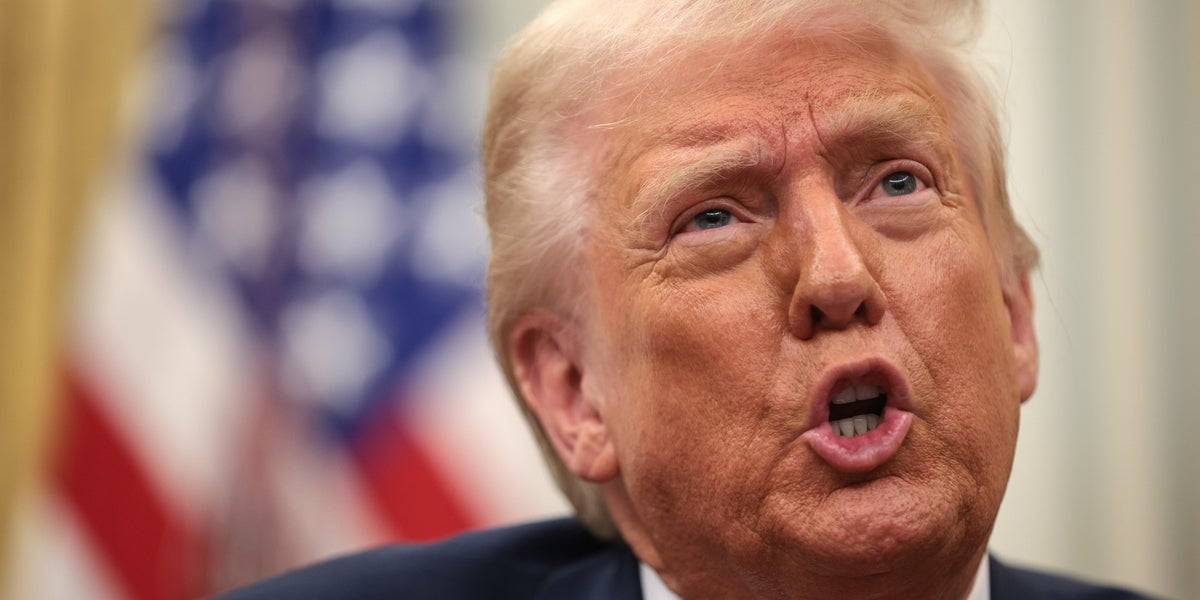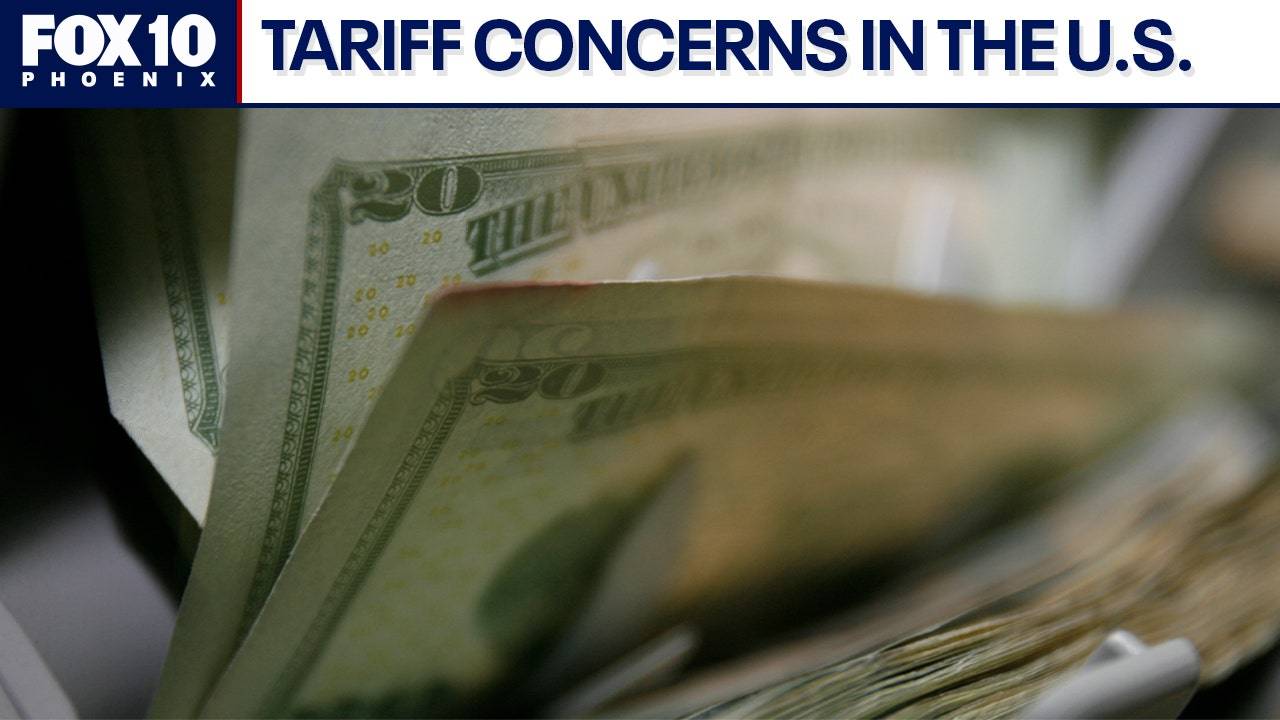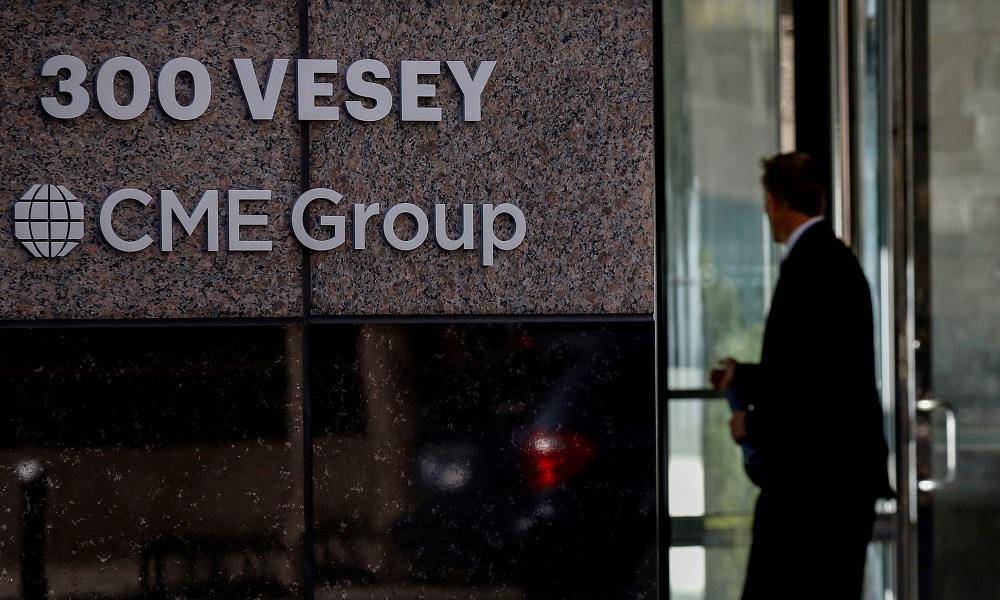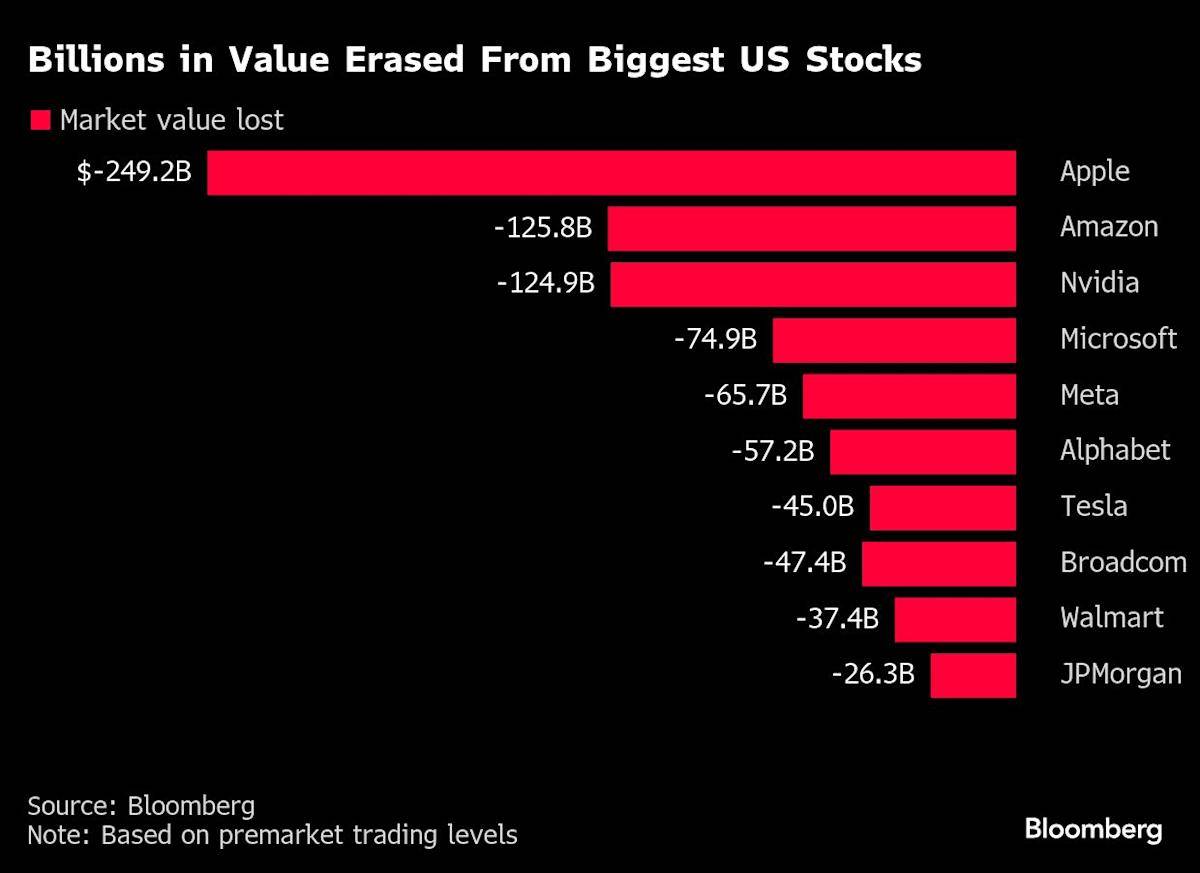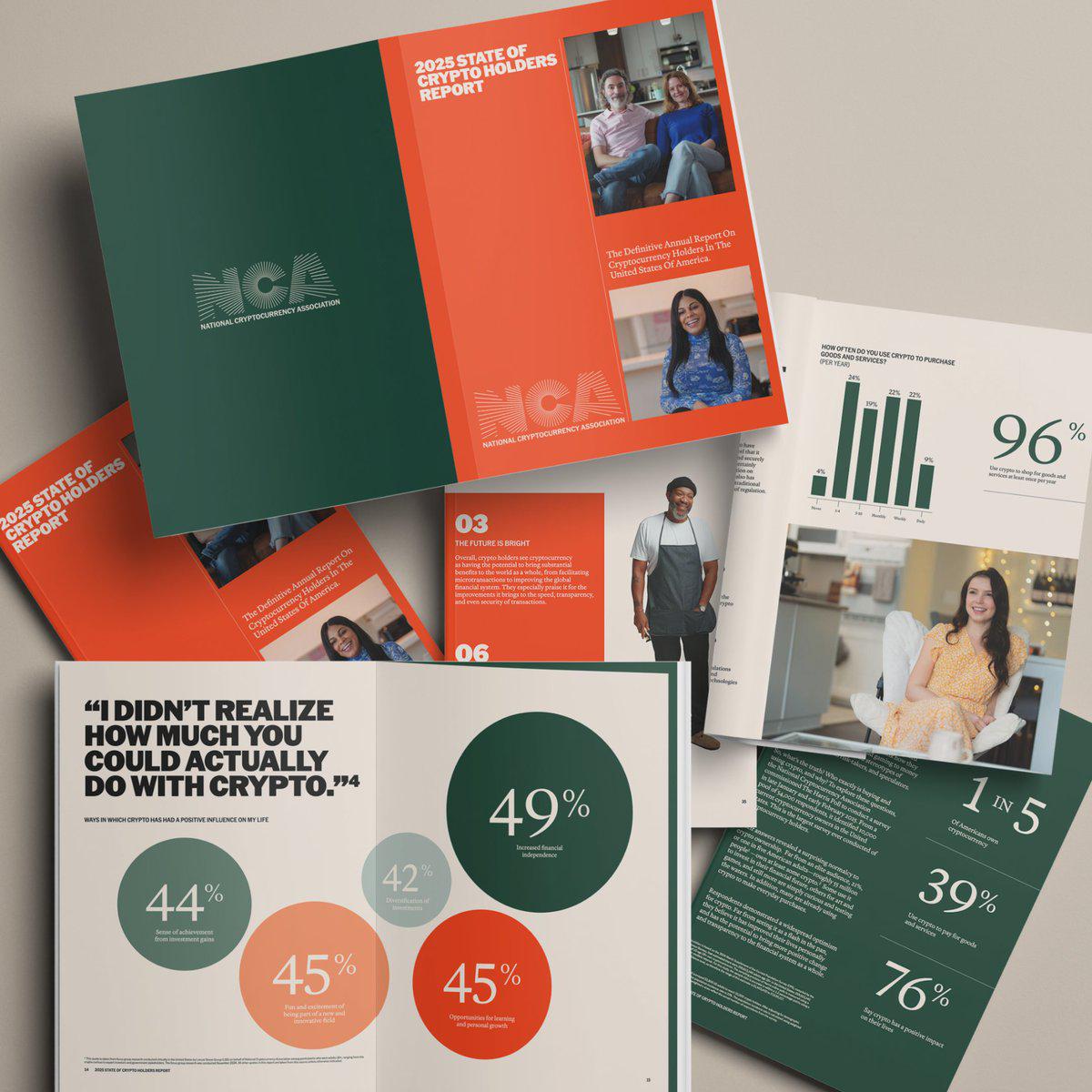Economic Policies and Their Impact
Trump’s economic strategy has revolved around deregulation, tax cuts, and tariff adjustments. The Tax Cuts and Jobs Act of 2017 provided corporate tax relief and boosted investment, yet critics argue it favored the wealthy while ballooning the federal deficit. Trump’s proposals to eliminate Social Security taxes and expand child care credits could further strain government finances, increasing long-term fiscal pressure.
Trade policy has also played a critical role, with tariffs—particularly against China—serving as a double-edged sword. While they aimed to protect American industries, they also triggered retaliatory measures and higher costs for consumers. The Biden administration extended these tariffs, while Trump has hinted he may leverage them for future negotiations. These policies create both opportunities and risks, influencing market confidence and economic trajectory.
Economic Indicators and Recession Fears
Uncertainty persists as economic indicators send mixed signals. Consumer confidence has declined, with some forecasts predicting negative growth in early 2025. Inflation concerns continue to weigh on financial markets, prompting the Federal Reserve to maintain steady interest rates as it monitors potential inflationary effects. While pockets of economic strength remain, the interplay of these factors makes future predictions difficult. Could recession fears materialize, or will resilience prevail?
Strategies to Protect Your Finances
Given the unpredictable climate, safeguarding personal finances is critical. Here are some key strategies:
- Diversify Investments: Broaden asset portfolios, incorporating stocks, bonds, and possibly cryptocurrencies to mitigate risk exposure.
- Build an Emergency Fund: Maintain at least two years of living expenses to weather any financial downturns.
- Reduce High-Interest Debt: Paying off costly loans and maintaining a solid credit score ensures access to favorable financial options.
- Stay Informed: Monitoring economic shifts allows for proactive decision-making in response to changing market conditions.
Looking Ahead
With shifting policies and economic forces at play, vigilance remains key. How these strategies unfold will determine the path forward—whether stability is sustained or economic turbulence emerges. As global markets react and domestic policies evolve, staying prepared is the best way to navigate uncertainty. Will the economic outlook improve, or are deeper challenges ahead? Only time will tell.
For ongoing financial insights, visit Epochedge Finance. Stay informed with critical economic updates at Epochedge News.

